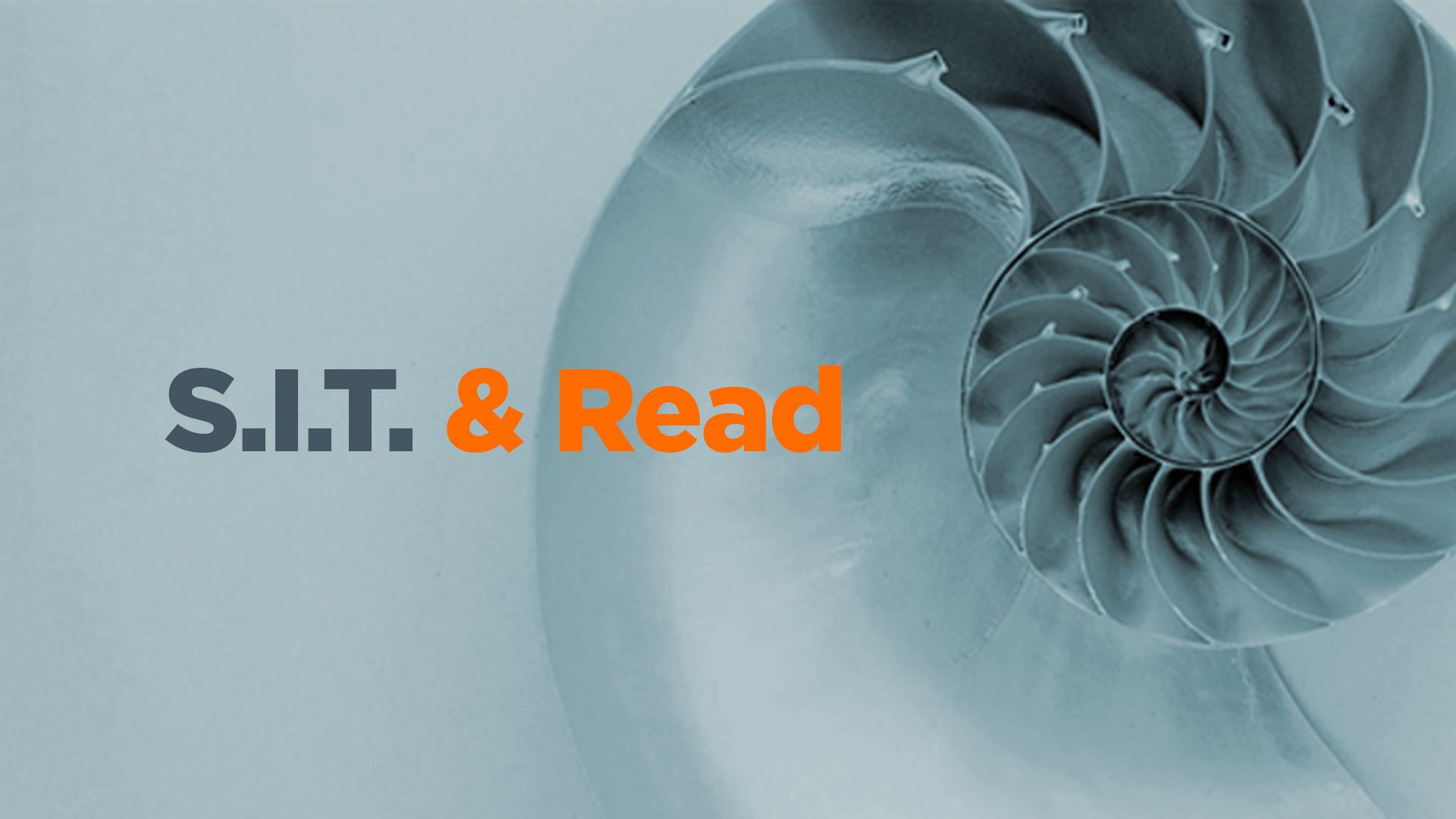Philips North America announced the launch of the second annual Philips Innovation Fellows competition, in conjunction with the release of its 2014 North America Innovation Report. According to the report, nearly two-thirds of North Americans consider themselves innovators, of which a majority (72 percent) believe they are sitting on an idea for “the next big thing,” and just need money and ‘know how’ to develop it. The Philips Innovation Fellows Competition awards mentoring and $100,000 in cash prizes to inspire would-be entrepreneurs to bring their ideas to life by entering the competition.
“Philips is committed to meaningful innovation, and we strive to develop technology that makes a real difference in helping people lead healthy and fulfilling lives,” said Brent Shafer, CEO of Philips North America. “We believe impactful innovation can come from anyone, and we want to celebrate the great ideas that have the potential to revolutionize the way we live, work and play. That’s why we’re encouraging all innovators out there to submit their big idea for the next innovation.”
Philips practices what it preaches. The company is featured in Inside the Box: A Proven System of Creativity for Breakthrough Results for its use of the Subtraction Technique to create the Slimline DVD player.
Survey Findings
Almost half of respondents feel the best innovations come from individual inventors (47 percent) and startups (24 percent), followed by academics (13 percent) and corporations (11 percent). However, one in two people said financial support from big companies is the key to achieving successful innovation, followed by mentor relationships (47 percent) and government incentives (44 percent).
Top Barriers
Many respondents feel that lack of money and a narrow mindset are the top barriers to preventing people from innovating, indicating the need for collaboration with and support from big companies:
• Lack of money (70 percent)
• Narrow/stifled mindset (41 percent)
• Unsupportive corporate culture (40 percent)
• Government regulations (37 percent)
Areas for Improvement
North Americans feel that successful innovation has a purpose beyond creating technology for technology’s sake. Sixty-two percent of respondents said successful innovation improves lives, makes daily life easier (57 percent) and meets an unmet societal need (33 percent).
Healthcare (57 percent) was cited as the top area where innovation can improve lives, followed by work/life balance (38 percent), education methods (33 percent), technological solutions for the home (30 percent) and public transportation and infrastructure (30 percent).
Philips Innovation Fellows Competition
Philips is encouraging people nationwide to submit their big ideas for the next meaningful innovation that will help people live healthier, more sustainable lives. Entrants will have the chance to tap into $100,000 in prize money from Philips to help make their innovations a reality. To further promote open innovation, entrants can gain financial support for their idea on Indiegogo.com, a global web-based crowd funding site.
“Indiegogo is dedicated to helping innovators make their ideas a reality by connecting them to individuals from around the world, who can endorse their innovations through financial support,” said Slava Rubin, CEO and co-founder of Indiegogo. “Corporations need to be more involved in helping everyday innovators succeed and we’re thrilled to partner with Philips on this competition to bring new ideas to fruition.”
The grand-prize winner will be announced this fall and will receive a $60,000 cash prize from Philips, in addition to the funding raised through Indiegogo, to help make their innovation a reality. Along with the monetary prize, the winner will receive mentoring from Philips executives around their “next big thing” idea. Each of the remaining four finalists will receive a $10,000 cash prize.
Last year, Philips named Fosmo Med the grand prize winner of the first Philips Innovation Fellows competition. Philips employees selected Fosmo Med’s Maji Intravenous (IV) saline bag, which creates a sterile solution in the field for patients in developing countries from any water, clean or dirty, as the next big, meaningful innovation in health and well-being.
“We were honored to win the Philips Innovation Fellows competition,” said Ben Park, CEO and founder of Fosmo Med. “Winning has not only helped fund the research and development completion for Maji, but more importantly, validated the idea of our product. Philips helped give us the resources and credibility we need to save lives on a global level.”
